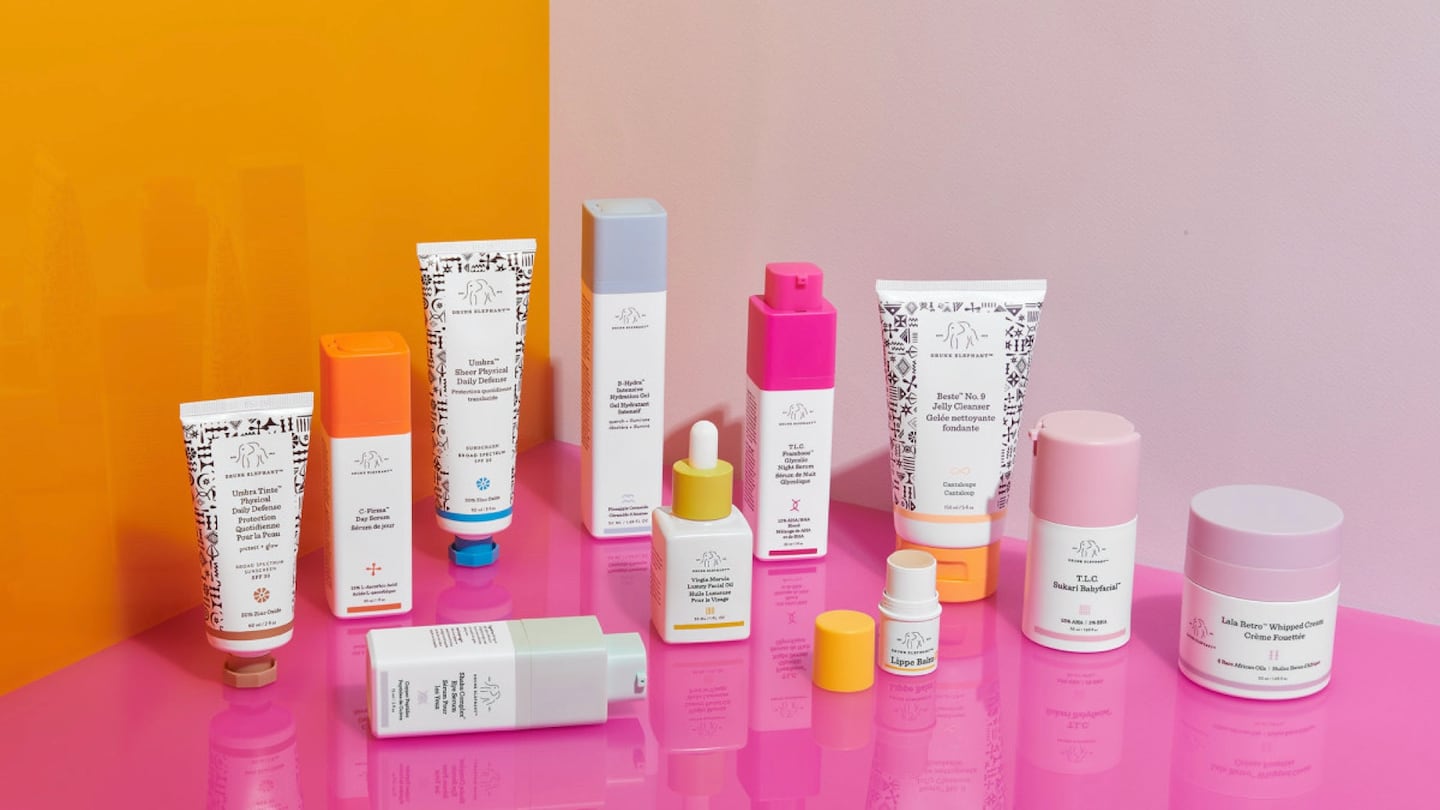
Agenda-setting intelligence, analysis and advice for the global fashion community.

Agenda-setting intelligence, analysis and advice for the global fashion community.

Shiseido Americas announced it would undertake a “wide-ranging and significant reduction” to its workforce in an internal memo from interim chief executive Alberto Noé to staff on Wednesday. First reported by the anonymous Instagram account Estée Laundry, the company confirmed to The Business of Beauty that it had made the “difficult decision to eliminate certain roles” but declined to detail the nature or scope of these layoffs, and said affected employees would receive transitional support.
The Japanese conglomerate owns premium brands such as Nars and Drunk Elephant, and also makes fragrances for fashion houses like Tory Burch and Narciso Rodriguez. Its layoffs follow other beauty giants such as Coty and Estée Lauder Companies, which have both detailed plans to reduce their workforces as the market cools and growth becomes more elusive.
“Shiseido Americas finds itself deeply challenged on multiple fronts. Despite our best efforts and hard work, business performance has declined significantly through 2024, and the 2025 outlook remains bleak,” said Noé in the memo.
In April, it installed Noé, previously head of its EMEA region, as interim CEO for the Americas in addition to his prior responsibilities, replacing Ron Gee who departed the company.
ADVERTISEMENT
The Tokyo-based conglomerate has over 2,000 US employees across facilities in Ohio, Texas, Florida and Canada, with headquarters in New York City.
In its first-quarter earnings reported in May, Shiseido’s net sales declined 8.5 percent, with a particular deceleration at Drunk Elephant, which declined 65 percent. Its profits and sales have declined as it faces headwinds including a sluggish Chinese market and softened demand for its core brands.
Sign up to The Business of Beauty newsletter, your complimentary, must-read source for the day’s most important beauty and wellness news and analysis.
Learn more:
After years of double-digit growth and a perception of being impervious to wider economic downturns, the beauty industry is finding that cash-strapped customers aren’t interested in ‘little luxuries.’
Generative AI is being adopted across the beauty industry to create everything from product images to formulas themselves, based on prompted “vibes.” As more companies utilise these tools for efficiency, they risk losing the creative touch that separates storytelling from slop.
At clinics like 'Wanna Be Taller' in Turkey, male patients are arriving in droves from all over the world to endure an expensive, bone-breaking procedure promising to increase their height as much as nine centimeters.
The latest trend on TikTok has college coeds fearful that their showers are ruining their hair. Naturally, the beauty industry is here to help.
The largest beauty retailer in the US announced it will not renew its shop-in-shop partnership with Target. While initially popular, poor execution, changing shopping habits and overlap between the two stores’ locations and customers brought the collaboration to a halt, experts said.
Generative AI is being adopted across the beauty industry to create everything from product images to formulas themselves, based on prompted “vibes.” As more companies utilise these tools for efficiency, they risk losing the creative touch that separates storytelling from slop.
The institution is fostering a new generation of fashion practitioners with the skills to address one of the industry’s most significant challenges: sustainability. To learn more, BoF sits down with the course leader of Falmouth University’s online MA in Sustainable Fashion, Tom Crisp.
Season seven of Avery Trufelman’s fashion podcast, titled “Gear,” will explore the relationship between the US military and outdoor performance wear.
Emerging labels like Kallmeyer, TWP and Studio Nicholson are capturing high-spending shoppers with premium quality at accessible prices, forcing the industry to rethink what luxury means in 2025.